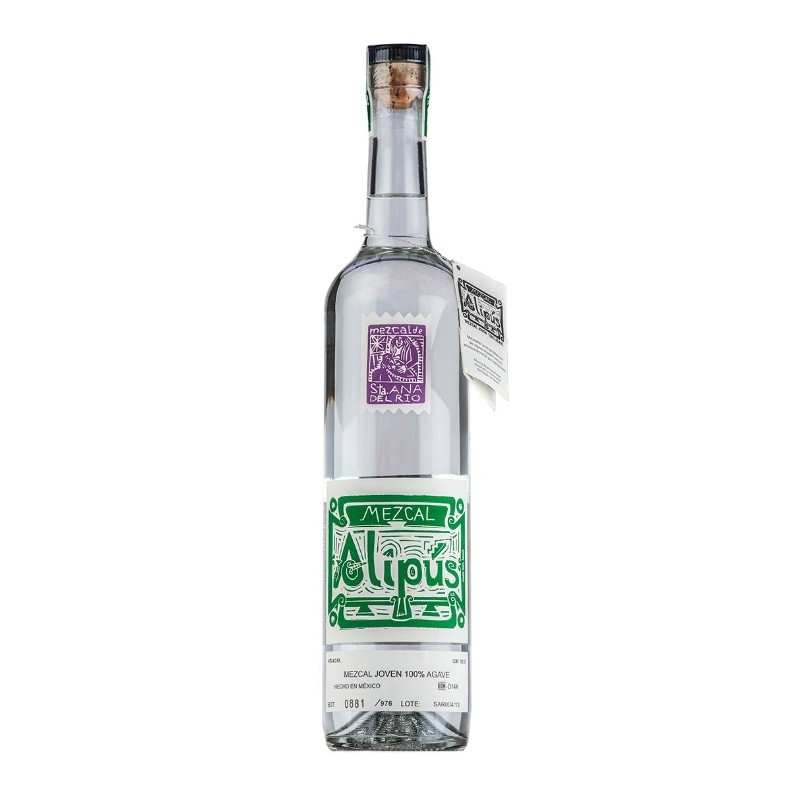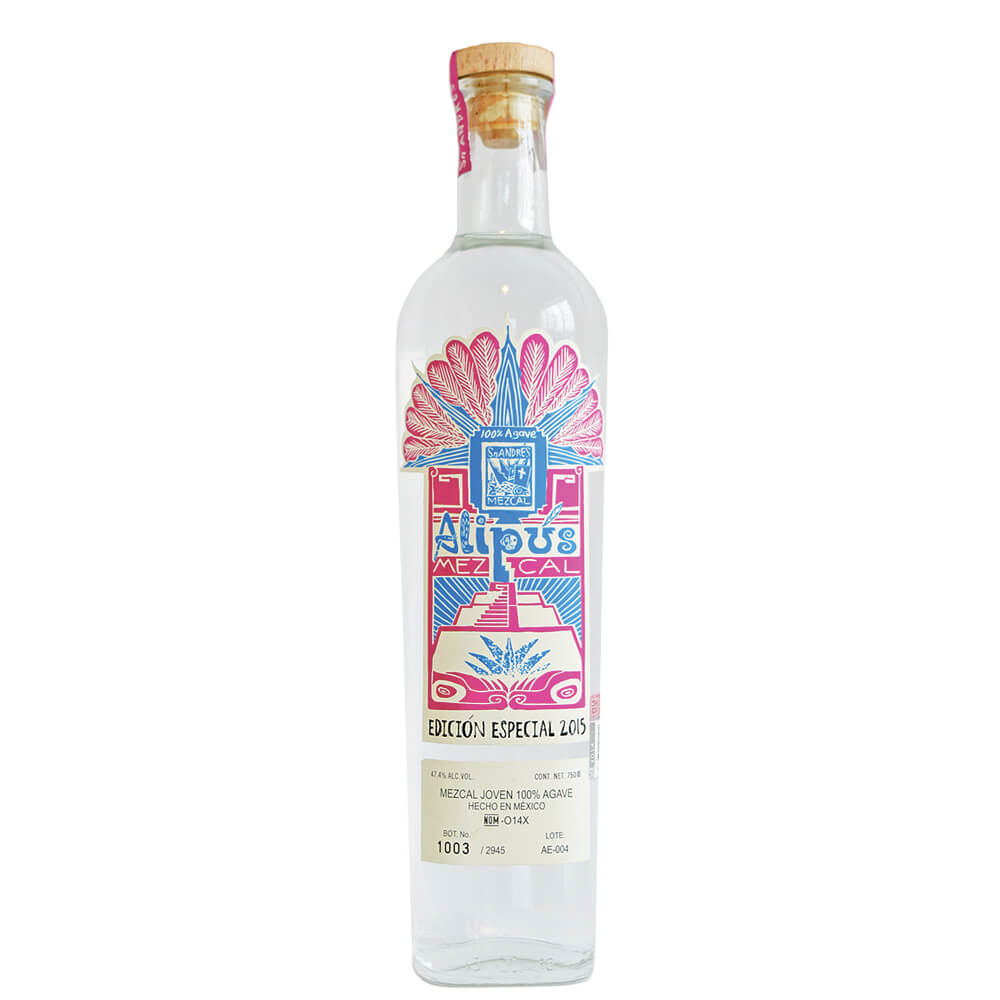
We have analyzed FAEE and EtG in the same meconium aliquot, enabling comparison of the efficiency of gestational ethanol exposure detection. FAEE and EtG concentrations in meconium ranged between values lower than LOD and 32,892ng/g or 218ng/g respectively. Successful validation parameters were obtained for both biochemical markers of alcohol intake. A simple method for identification and quantification of EtG has been evaluated by ultrasonication followed solid phase extraction (SPE). A validated microwave assisted extraction (MAE) method in combination with GC-MS developed in the Institute of Forensic Science (Santiago de Compostela) was used for FAEE and the cumulative concentration of ethyl myristate, ethyl palmitate and ethyl stearate with a cut-off of 600ng/g was applied for interpretation. This article presents results from 47 meconium samples, which were analyzed for fatty acid ethyl esters (FAEE) and ethyl glucuronide (EtG) for detection of gestational alcohol consumption. Quantification of fatty acid ethyl esters (FAEE) and ethyl glucuronide (EtG) in meconium for detection of alcohol abuse during pregnancy: Correlation study between both biomarkers.Ĭabarcos, Pamela Tabernero, MarÃa Jesús Otero, José LuÃs MÃguez, Martha Bermejo, Ana MarÃa Martello, Simona De Giovanni, Nadia Chiarotti, Marcello of ethyl alcohol of an alcoholic strength by volume of 80 percent volume or higher under subheading. Provisions Ethyl Alcohol § 10.99 Importation of ethyl alcohol for nonbeverage purposes. 19 Customs Duties 1 false Importation of ethyl alcohol for nonbeverage.

(b.ġ9 CFR 10.99 - Importation of ethyl alcohol for nonbeverage purposes. (a) Ethyl alcohol (ethanol) is the chemical C2H5OH. Substances Affirmed as GRAS § 184.1293 Ethyl alcohol. 184.1293 Section 184.1293 Food and Drugs FOOD AND DRUG ADMINISTRATION, DEPARTMENT OF HEALTH AND HUMAN SERVICES (CONTINUED) FOOD FOR HUMAN.

If you know of any tequila producer using 300-liter stills, let us know: it would mean that he is likely doing everything right… except distilling the solids. That’s why cognac regulations forbid using huge stills for the second distillation. No matter what you are distilling, small stills are better. Good small tequila producers are still using copper stills, but the big guys have switched to stainless steel. Distilling with the solids is more true to the original plant. Using the solids is a lot of work, and liquid with solids is more difficult to distill, but it produces mezcals with more complexity, with more richness, and with flavors that preserve the fundamental vegetal qualities of the agave.

The tequileros then rinse the fibers with water so as to not lose alcohol, diluting the liquid placed in the still. Artisanal mezcal is distilled using the entire agave: both the liquids and the solids (the fibers of the agave). If you can’t sense the difference, you likely should be drinking something else. When you drink a well-made artisanal mezcal, you’re sharing it with an actual human being who made the liquid with his own hands, not with some distilled spirits factory. You’re sharing the work with the man who made the handle, not with some machine lathe in a factory. Handles like that feel different when you use the shovel.

Someone made one out of a stick, likely from some nearby sapling. See the shovel against the wall? Don Valente didn’t go down to the ferreteria, the hardware store, when the handle broke. The work is part of who he is, not separated from his life. Here’s Don Valente Angel in his distillery. That kind of work has an integrity that is getting scarce. Lots of reasons, but they all come from artisanal Mezcal being produced by humans who maintain uncorrupted a very OLD way of making Mezcal, humans who live inside their work, whose work is not something they do but be something they live, whose work is an embodiment of their culture, their way of life.


 0 kommentar(er)
0 kommentar(er)
